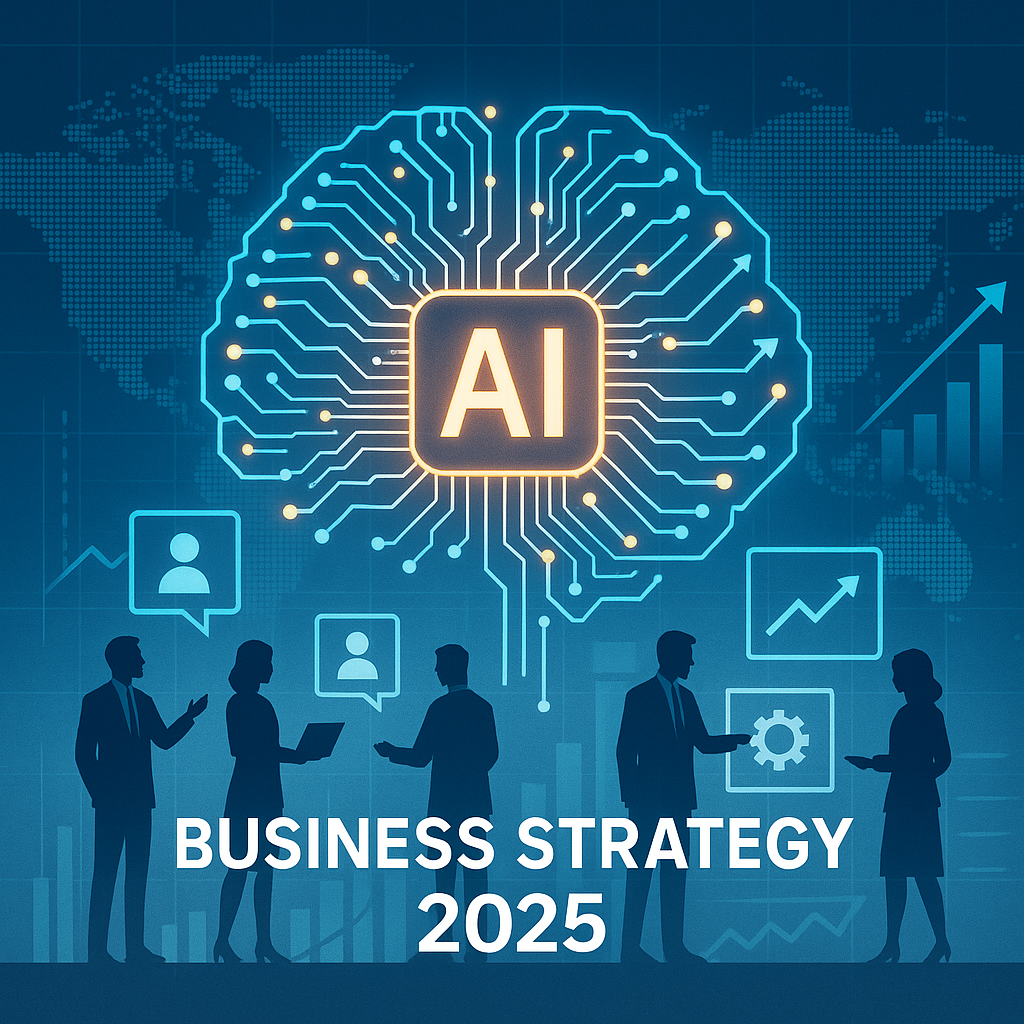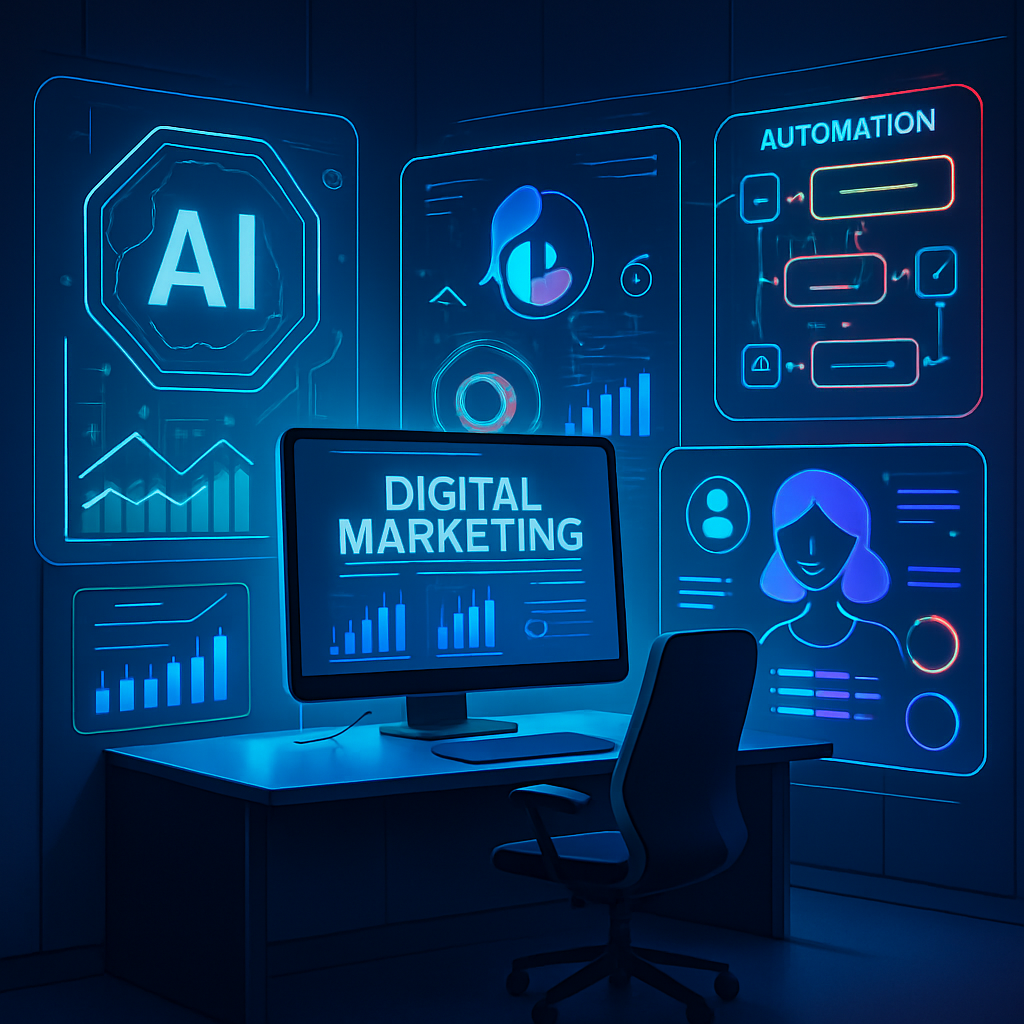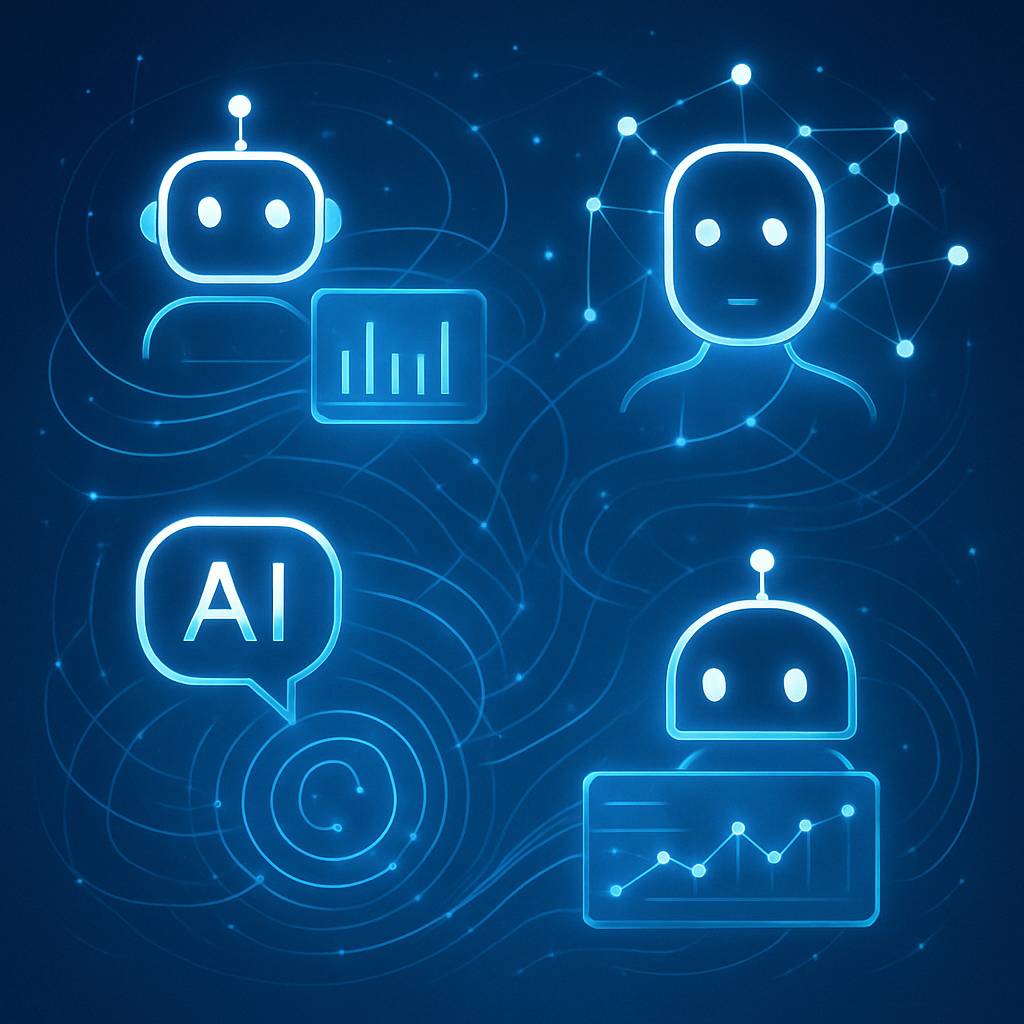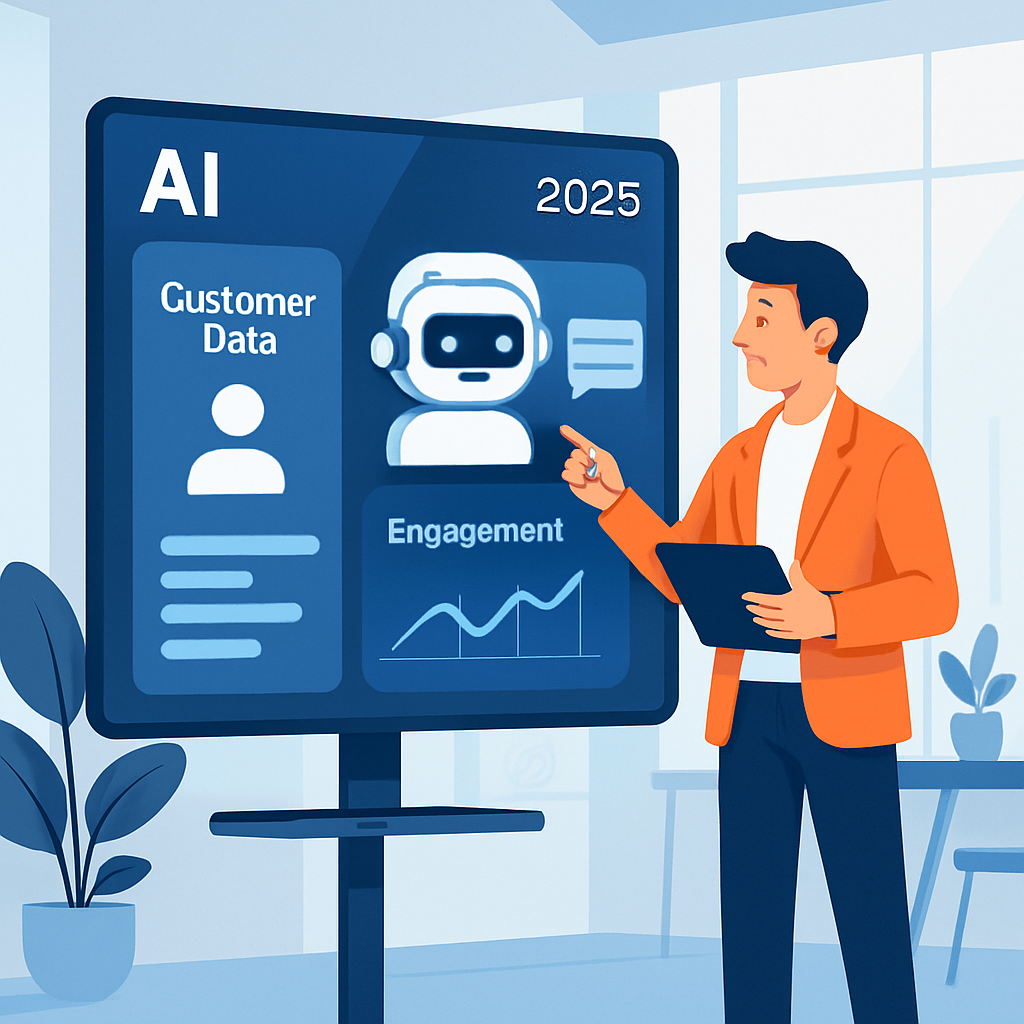
Harnessing AI and Computer Intelligence to Future-Proof Business Strategies
Introduction to Computer Intelligence and AI in Business
As we navigate the digital landscape of 2025, computer intelligence combined with artificial intelligence (AI) is no longer a novelty but a critical strategic asset. Businesses are increasingly leveraging these transformative technologies to revolutionize their operations, decision-making, and customer engagement, driving sustainable growth and a competitive edge in an ever-evolving marketplace.
Defining Computer Intelligence and Its Business Relevance
Computer intelligence refers to the capability of computer systems to perform tasks traditionally requiring human intellect, such as learning, reasoning, and problem-solving. When integrated with AI – which endows machines with adaptive learning, natural language understanding, and predictive analytics – this intelligence unlocks unprecedented business potentials.
From Automation to Augmentation
While automation replaces repetitive tasks, computer intelligence and AI augment human capabilities. For example, AI-powered decision support systems analyze complex data to recommend strategic actions, enhancing executive decision-making with data-driven insights.
Revolutionizing Business Strategies: Key Applications
1. Dynamic Market Intelligence
AI algorithms continuously scan vast data sources, monitoring market trends, competitor moves, and consumer sentiment in real time. Such dynamic market intelligence enables businesses to anticipate shifts and pivot strategies proactively, rather than reactively.
2. Personalized Customer Experiences
Leveraging computer intelligence, businesses craft hyper-personalized interactions. AI analyzes customer behavior patterns and preferences to tailor marketing campaigns, product recommendations, and service interactions, fostering loyalty and driving revenue growth.
3. Operational Efficiency and Supply Chain Optimization
AI-powered predictive analytics streamline supply chains by forecasting demand fluctuations, optimizing inventory levels, and identifying potential disruptions early. Such intelligence reduces costs, minimizes waste, and enhances service levels.
4. Innovation in Product and Service Development
By synthesizing insights from diverse datasets, AI fuels innovation pipelines. Computer intelligence facilitates rapid prototyping and scenario modeling, enabling businesses to experiment with new offerings and optimize them based on predictive success metrics.
Case Studies Illustrating the Impact
Smart Retail: Anticipating Consumer Demand
A global retail chain in 2025 employs AI-driven computer intelligence to analyze foot traffic data, social trends, and purchase history. This integration helped the company optimize inventory in real time, reduce stockouts by 30%, and tailor in-store experiences dynamically.
Financial Services: Risk Management Reinvented
Leading financial institutions have deployed AI-powered risk assessment platforms that incorporate computer intelligence to detect subtle fraud patterns and market volatilities, reducing risk exposure and improving regulatory compliance accuracy.
Challenges and Ethical Considerations
Data Privacy and Security
The increasing reliance on AI and computer intelligence necessitates stringent data governance frameworks to protect sensitive customer information and ensure compliance with privacy regulations.
Bias and Transparency
Ensuring AI models operate without bias and that decisions remain transparent is paramount to maintaining trust and fairness, especially in customer-facing applications and critical decision-making processes.
Strategic Considerations for Integrating AI and Computer Intelligence
Aligning Technology with Business Goals
Successful adoption depends on clearly defining how AI and computer intelligence serve strategic objectives. Businesses must prioritize use cases that deliver measurable value and competitive differentiation.
Building a Culture of Continuous Learning
Fostering an organizational mindset open to experimentation and learning enables teams to adapt strategies rapidly based on AI-generated insights, maximizing technology benefits.
Investing in Skilled Talent and Collaboration
Combining human expertise with AI capabilities requires investing in talent skilled in data science, AI ethics, and domain knowledge, supported by cross-functional collaboration.
Looking Ahead: The Future of Business Intelligence
Emerging advances such as explainable AI, quantum computing-enhanced intelligence, and AI-driven autonomous strategy formulation promise to further elevate business intelligence. Organizations embracing these innovations will pioneer new standards in agility, personalization, and ethical digital leadership.
Conclusion
The integration of computer intelligence with AI is reshaping business strategies in profound ways. By enhancing market insights, personalizing customer engagement, optimizing operations, and accelerating innovation, these technologies empower organizations to thrive amid complex global challenges. As we move deeper into 2025 and beyond, the businesses that skillfully harness this blend of intelligence will define the future of sustainable success.







